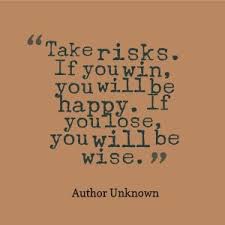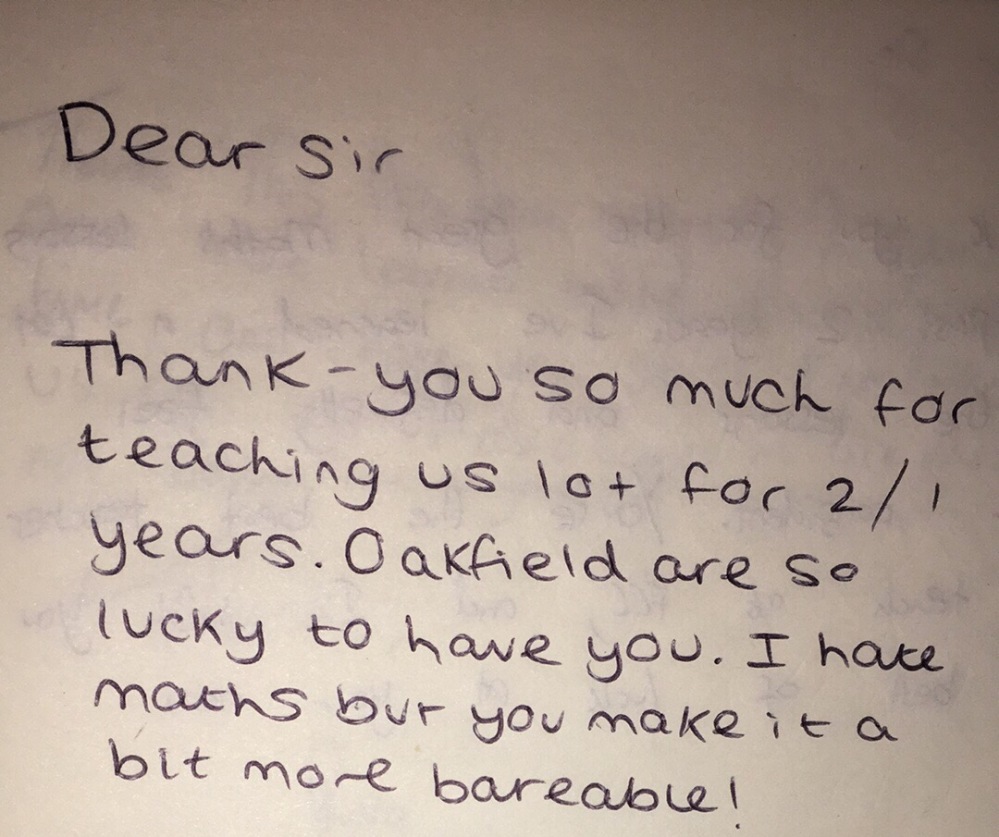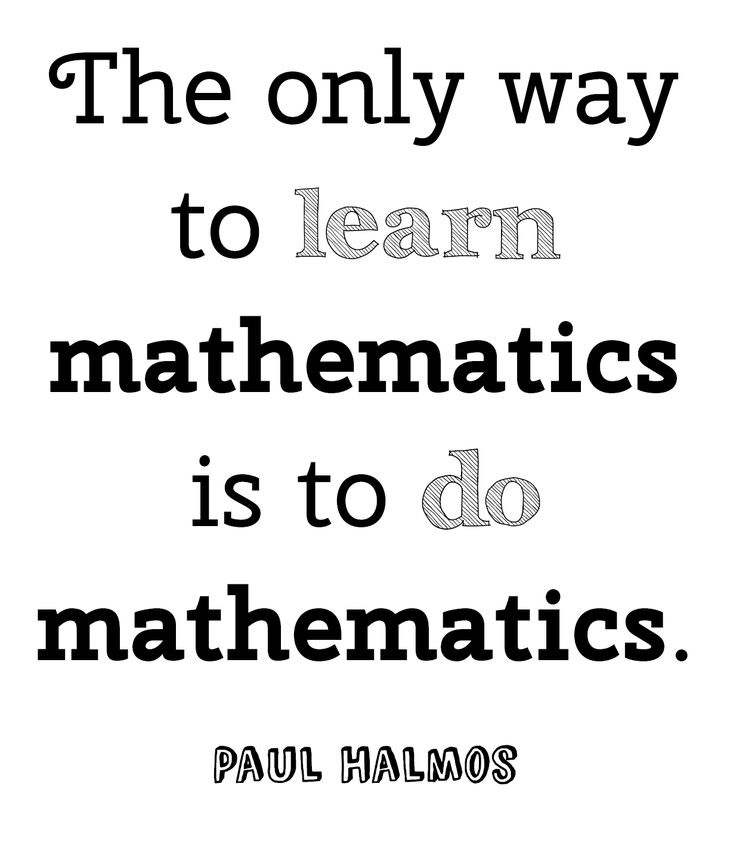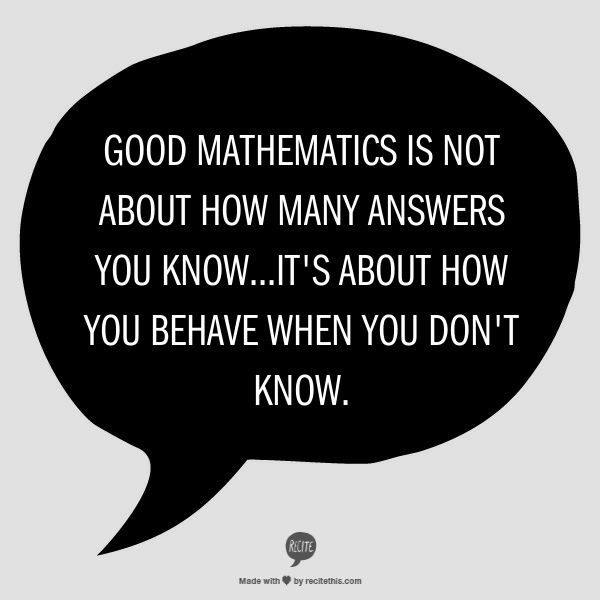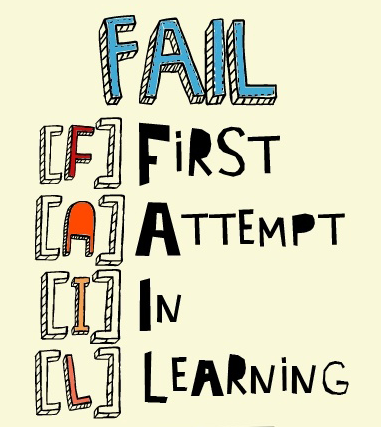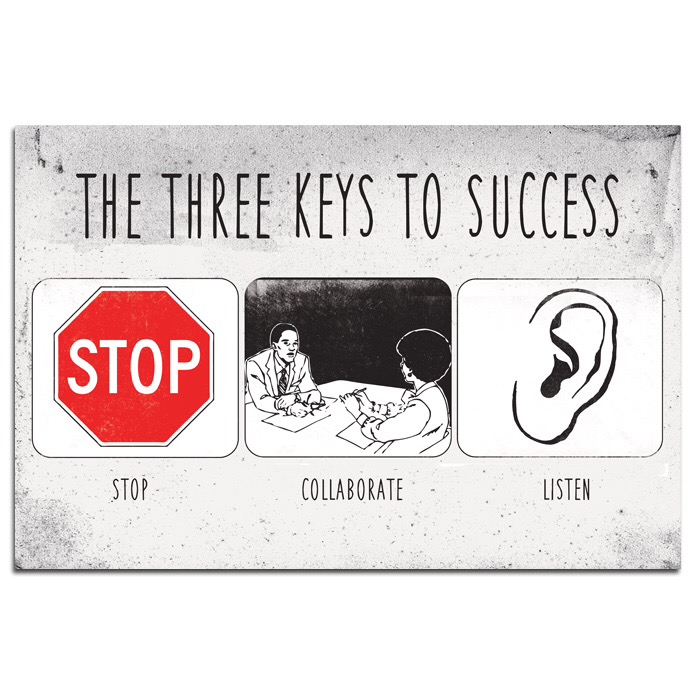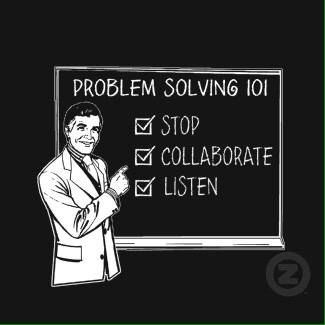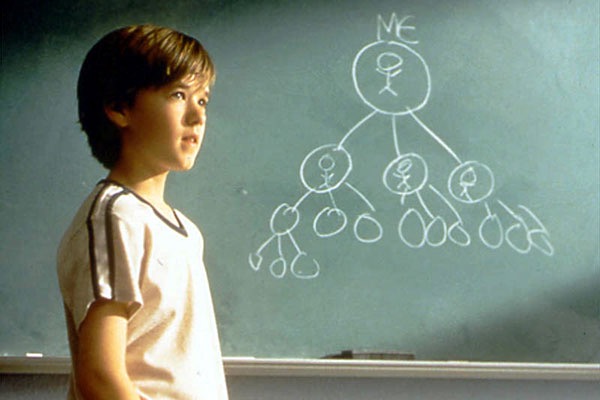
Having taught Maths at GCSE level for 14 years I have been used to a variety of exam boards, changing curriculums and the introduction, and removal, of coursework.
Throughout that time there was one constant, and that was the principle that each student had their performance turned into a solitary letter (I know it’s now a number but the same basis still applies) at the end of the course.
Because the age of 16 still represents a point in education where the number of options available suddenly multiplies, this makes complete sense and has a purpose in the movement on to the next step. But what about younger students?
The KS2 SATs now sit in place, and are backed up by a new primary curriculum that promises to improve standards across the board. The big difference here is that students no longer receive a ‘level’ at this point, instead just the acknowledgement of whether they have reached the ‘expected age’ standard or not.
This comes nearly 10 years after the withdrawal of the KS3 SATs, and now means that there is no central grading system for students until the GCSE process begins in earnest, normally in year 9 or 10.
So what is this achieving? And does it stand up as a positive move?

Well, the first question will be answered very differently depending upon who you ask. Lots of parents and teachers have been left scratching their heads and naturally looking for a clear message of where their child sits at a given time. In addition students have found that they are being left empty handed when asking ‘what level am I?’
Doesn’t sound like a good place to be, but then all dramatic changes, or shifts, in education don’t settle immediately. So, is it a positive move?
Obviously I can only speak for myself. However, as a head of department working in a middle school I am in the fortunate position of seeing the ‘before’ and ‘after’ picture in relation to the SATs and also the ‘pre-GCSE’ years. I now feel that I can answer that question with a sense of experience, and not just instinct.
Assessments that come with a level/grade serve only one real purpose and that is to do with a students ranking.
For example, a student falling one mark above the expected standard this week (KS2 SATs) may have very good numeracy skills but struggle with reasoning and application in other areas. On the other hand there will probably be a student one mark higher who has a good basic understanding in all areas, but no particular strength in one area.
The result? They both have a ‘tick’ against the expected standard, and in old money would be labelled with the same level.
The reality? They have very differing strengths, and should be looking at very different targets for improvement. The removal of a level to label them means that the focus can now be placed on looking deeper at those strengths, and particularly, areas for improvement.
I asked whether it is a positive change and I am in no doubts that the answer is a yes. The challenge now is to ensure that every parent, teacher and pupil is shown how this change allows for each student (and parent) to be far better informed about their performance.
